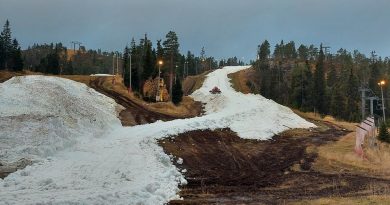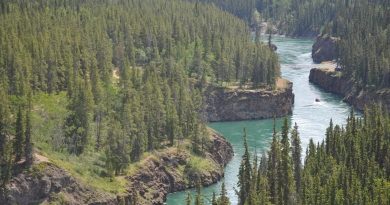Analysis: Why Independent northern candidates got votes in last week’s Canadian election
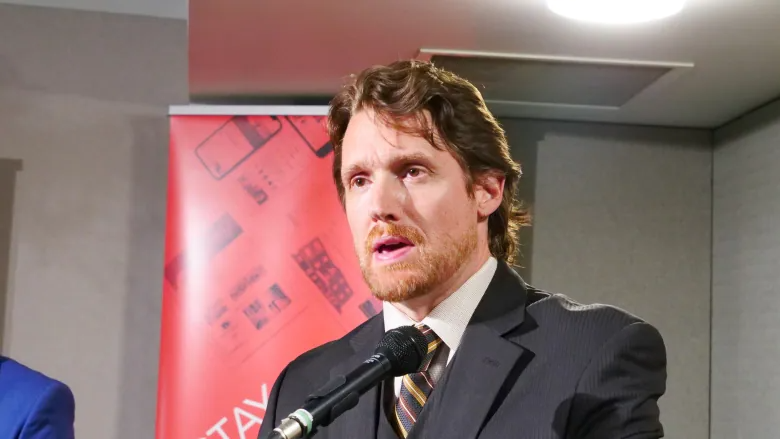
Independents in Yukon, N.W.T. got at least 12 per cent of votes on September 20
The Sunday before the election, Independent candidate Jonas Smith posted a video to his Facebook page, in one last attempt to persuade Yukoners to vote for him.
“I’m here to provide you with a true Yukon-first choice,” Smith told the camera. “I will represent you and only you.”
Some Yukoners translated that message into votes. Smith received almost 14 per cent of the vote with support from all sides of the political spectrum — but he ultimately came in fourth place, after the Liberals, Conservatives and the NDP.
One territory over, another Independent made waves.
The N.W.T.’s Jane Groenewegen, a former MLA and business owner from Hay River, captured 12 per cent of the vote in the territory — despite being the first candidate without a party banner to run in more than 20 years.
As the dust settles on Election 44, CBC News asked some political experts to reflect on what this new support behind Independent candidates means going forward — and whether northerners are more likely to identify with someone who doesn’t tow the party line.
‘Uphill battle’ for Independents in Ottawa
Smith and Groenewegen made similar points about why people should send them to Ottawa: they could operate without the constraints of a political party behind them.
This could resonate specifically for voters in the N.W.T., where decisions in the territorial legislature are made by consensus, and none of the MLAs represents specific parties.
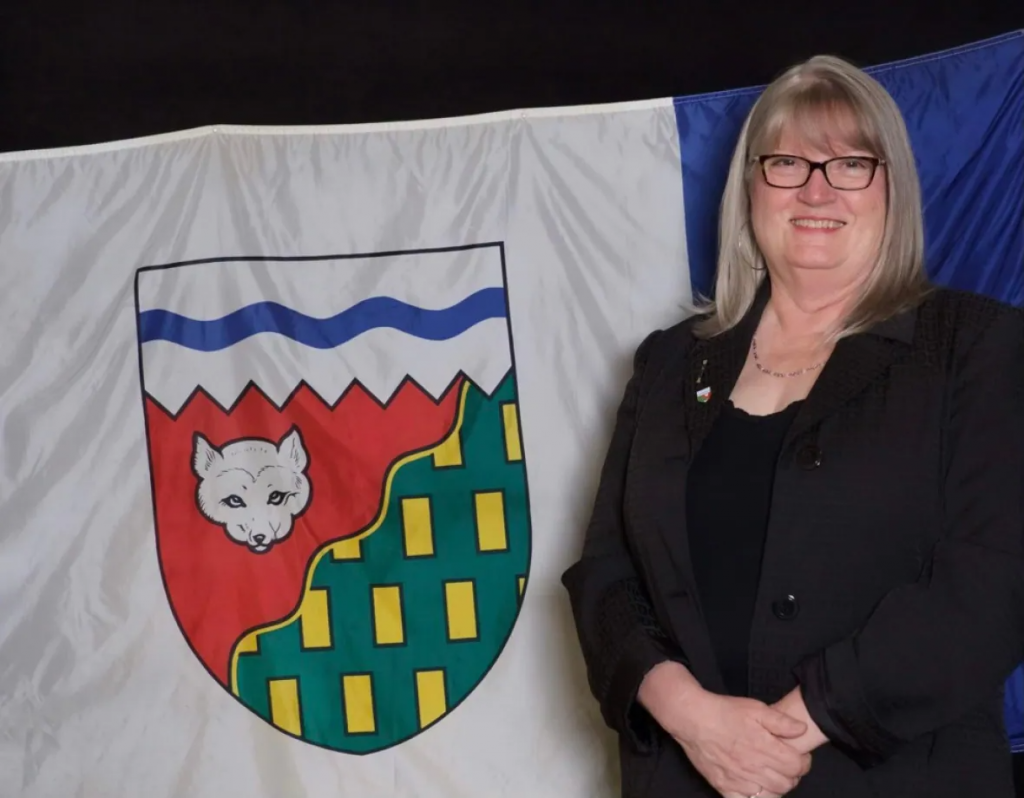
“Maybe this was my little protest campaign about the partisan antics of politics these days,” Groenewegen said about her run.
“I heard despair … I heard people say ‘we don’t have any options so I won’t even go vote this time,'” she said. “I thought, well I can add my name into the mix for an extra option.”
Being non-partisan works differently in Ottawa than in a consensus-based system like the N.W.T.’s, experts agreed, and could really constrain the amount of work that an Independent could do.
According to Rhiannon Klein, chair of the Indigenous Governance program at Yukon University, it would be an “uphill battle” for an Independent MP in Ottawa representing one of the territories.
It means less time to speak during question period, fewer opportunities to get on committees and they would generally have to work harder than partisan MPs to get issues heard, she continued.
“It wouldn’t succeed … for a jurisdiction with 40,000 people,” Klein said.
These challenges wouldn’t necessarily be a factor for voters at the ballot box, according to Floyd McCormick, a former clerk of the Yukon Legislative Assembly — but it would be considered by candidates who decide to run without party support.
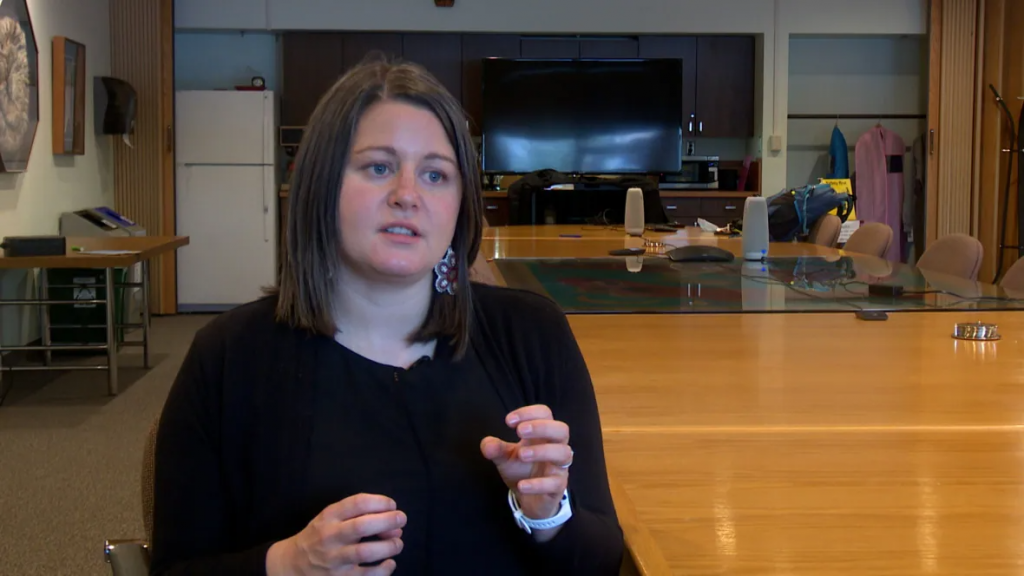
At the same time, northerners don’t shy away from supporting the right fringe candidate at the right time, according to economist Keith Halliday.
It’s happened a few times in Yukon’s federal races, most recently in 2011 when John Streicker of the Green Party took 18 per cent of the vote.
In that election, Streicker stole enough support away from the Liberals to push Conservative Ryan Leef to victory with just 200 votes over incumbent Larry Bagnell.
Similar campaigns took off in N.W.T. politics as well. In the 1990s, N.W.T. voters supported the now-defunct Reform party with 14 per cent of the vote share in two consecutive elections.
Pandemic ‘mobilized’ voters for non-partisan candidates
In those previous elections, fringe candidates were successful because they represented a broader theme, Halliday said.
For Streicker, it was Yukon’s new interest in the Green Party. The former MLA’s vote share was the highest of any Green candidate across Canada in that election.
For Smith’s campaign in particular — it’s pandemic frustration.
“The fact that the election was held during the pandemic really highlighted the folks out there that are anti-vaccine, anti-mandate,” Halliday said.
“That mobilized a bunch of folks … to come out and vote for the Independent.”
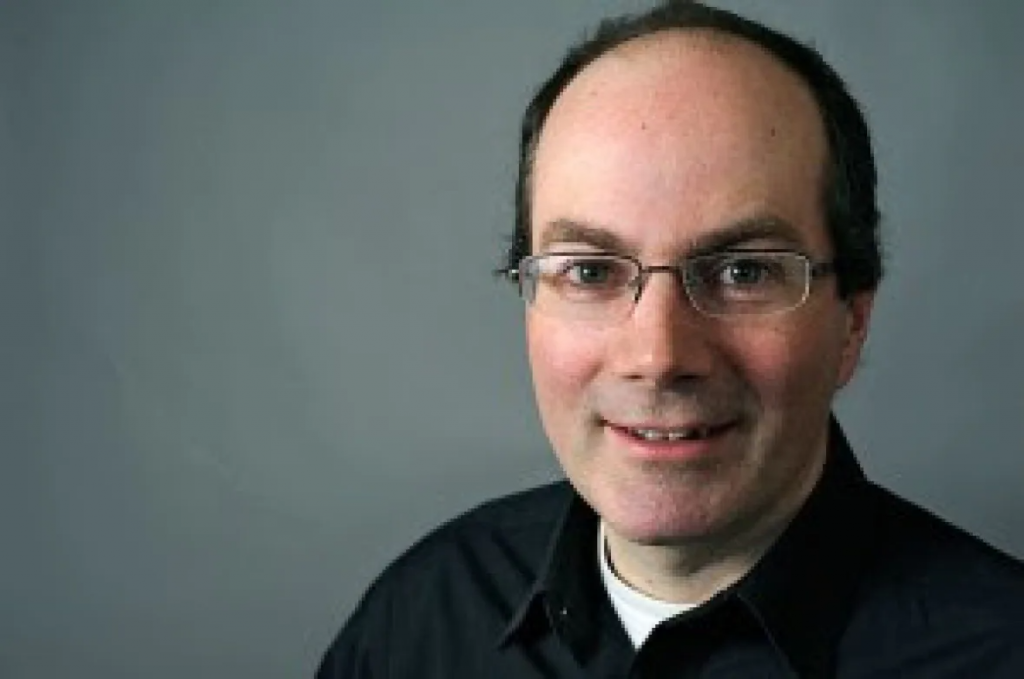
Nationally, many voters whose main election issue was COVID-19 induced public health guidelines gravitated toward the People’s Party of Canada, run by Maxime Bernier, Halliday said. The party had no candidates in the territories for this election.
Klein and Halliday agree that some of that support went to the North’s Independents as well, along with other voters who felt disenfranchised from partisan politics.
McCormick also attributed the success of Smith’s campaign to his recent ties to the Conservatives.
Smith had done well for the party in the past. In 2019, he lost the election by only 200 votes to incumbent Larry Bagnell.
Initially, the Conservatives chose him as their face in the Yukon. As the campaign started, the party decided to drop him because of his controversial views on mandatory vaccination.
“His Independent candidacy isn’t like most Independents who have no connection to a political party, and are running on their own,” McCormick said.
Campaigns not ‘a blueprint’ for future independent runs
Despite the challenges, there’s still a chance that an Independent could win a northern riding, according to McCormick and Klein.
The right candidate would have three main characteristics: name recognition, political experience and financial support.
In some ways, both Independents met that criteria, but still did not win over those with a red, blue or orange banner.
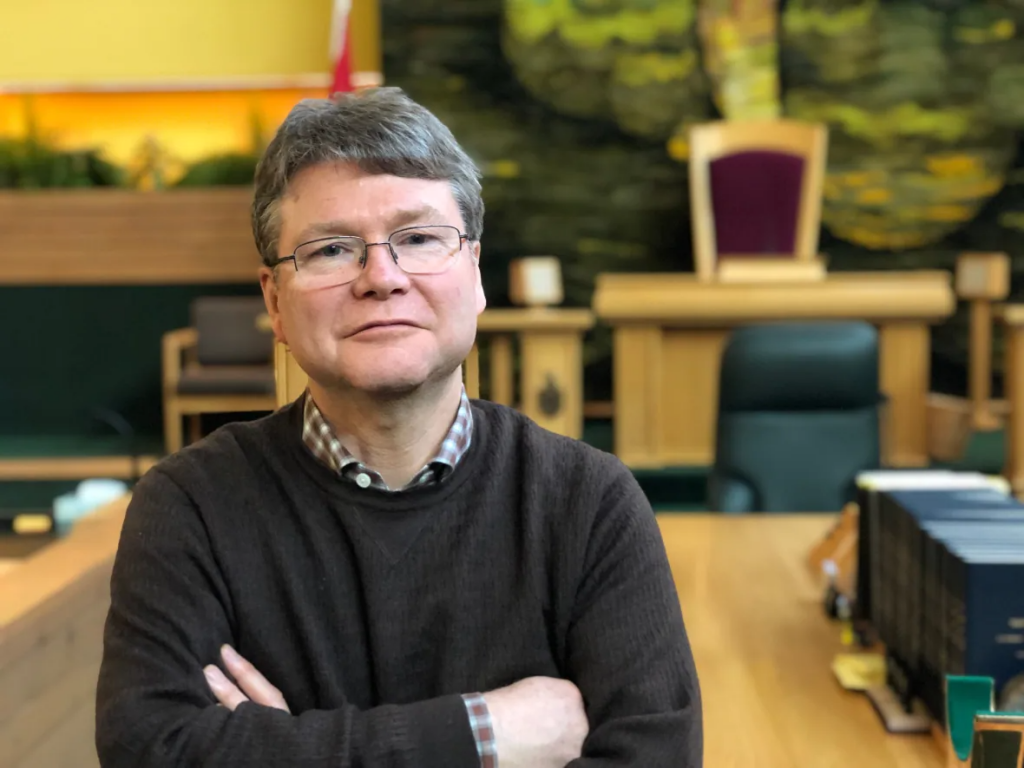
“You could see other Independent candidates running … but I don’t know how many will look at Smith’s campaign as a blueprint,” McCormick said.
For that reason, it’s unclear whether these two campaigns will encourage others to mount Independent bids in future elections — whether the next one happens in 18 months, or four years.
– With files from Jared Monkman
Related stories from around the North:
Canada: Britain offers Canadian military help to defend the Arctic, CBC News
Finland: Nordic fighter jet exercises underway inside Arctic Circle, The Independent Barents Observer
Iceland: Nordics should aim for common approach to China’s Arctic involvement says report, Eye on the Arctic
Norway: Norway ambassador visits Alaska to talk climate, Russia and, yes, Norwegian dog mushing success, Alaska Public Media
Russia: Crushing victory for United Russia, but in one Arctic region, Putin’s party is dealt a blow, The Independent Barents Observer
Sweden: Sweden inaugurates new regiment in sub-Arctic Arvidsjaur, Radio Sweden
United States: Putin, Biden talk Northern Sea Route, The Independent Barents Observer

